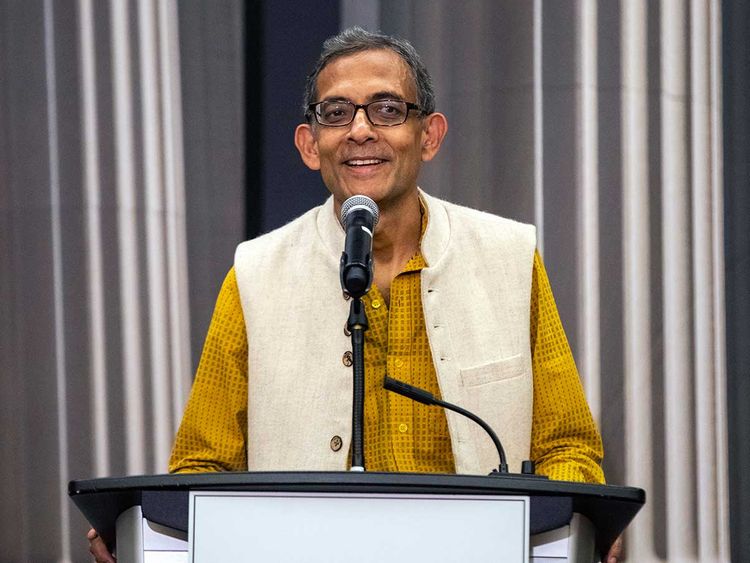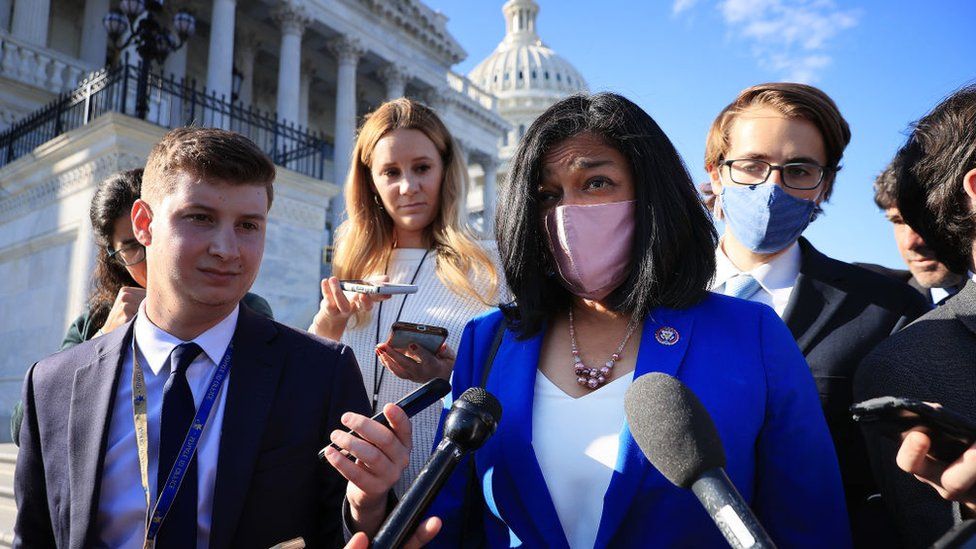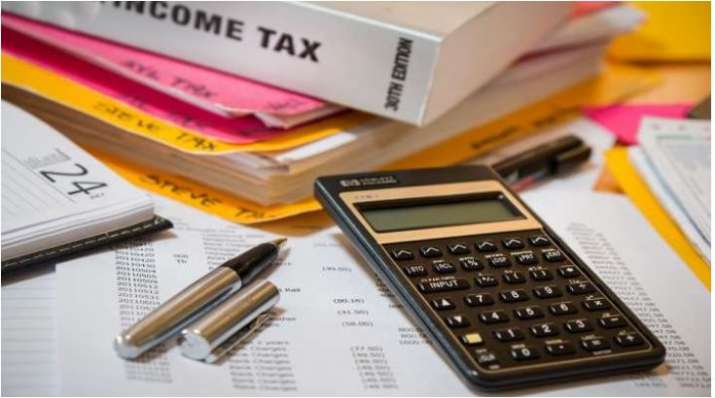India can afford free vaccination, says Nobel laureate economist Abhijit Banerjee

Dr Abhijit Banerjee feels the government needs to dispense cash to the poor should another lockdown be round the corner.Image Credit: AP
Dr Abhijit Vinayak Banerjee, the Nobel laureate economist, felt India have the resources to vaccinate people of the country free of cost to fight the deadly second wave of COVID-19 pandemic in the country.
‘‘My opinion is it’s not beyond India’s reach to conduct a mass vaccination drive free of cost. It’s for the public good as a vaccinated person not only protects one self, but also not in a position to spread the infection. It’s not beyond India’s means to do it but if they want two of the existing vaccine manufacturers in the country to ramp up the production for it, then it will need a long time,’’ said the India-born American economist, currently the Ford Foundation International Professor of Economics at Massachusetts Institute of Technology.
‘‘There has to be large scale import to meet the needs to create a scenario where the common vaccines should be made readily available to people. Thereafter, if anyone wants to take a vaccine of their choice like Pfizer etc, they can do it on their own,’’ he said.
Speaking to regional TV channel ABP-Ananda in an interview, Banerjee took a not-so-subtle dig at the Central government for possibly misreading the crisis. ‘‘I feel there must have been a knowledge gap somewhere. Did we know in the first place that how the virus went away so quickly or assess what were the chances of a comeback through mutation...It’s still a bit of mystery for me, said Dr Banerjee, the second India-born Nobel winning economist after Dr Amartya Sen.
The second wave of the pandemic has hit the country like a tsunami, seeing a daily toll of new cases between 350,000 to 400,000 and a mortality figure now touching a 4000-mark daily. India’s handling of the first wave, despite the vehement public opinion to a stringent nation-wide lockdown, had earned global applause as they managed to buck the trend by December. This saw the Prime Minister Narendra Modi saying at January’s World Economic Forum in Davos that India had ‘‘saved the world from the disaster’’ while on March 7, the Indian Health Minister, Dr Harsh Vardhan, claimed that COVID was on it’s ‘‘way out in India.’’
Asked if India were paying for such complacency, Dr Banerjee said: ‘‘While we could have said something like this in January, such optimism even in the first week of March was misplaced. By that time, we knew that cases were rising at an alarming rate in Maharashtra.’’
Late last month, the Chief Justice of Madras High Court had created quite a stir during an off-the-cuff remark when he put the blame squarely on the Election Commission of India for allowing election rallies during the Assembly elections in five states of West Bengal, Assam, Tamil Nadu, Kerala and Puducherry. The rallies, especially in West Bengal, saw huge attendance across party lines and absolute disregard for social distancing norms - a factor which is now being held accountable for the recent spike in cases.
The decorated economist, who jointly won the Nobel with Esther Duflo and Michael Kremer in 2019 “for their experimental approach to alleviating global poverty,” felt that crowds at the elections could be just one of the reasons. ‘‘Well, states like Maharashtra, Karnataka or Delhi had no elections. How do you explain the spike in cases there?’’ Banerjee asked.
Is another round of strict lockdown by the Union government the way forward? ‘‘See, lockdowns cannot be for a period of three or six months...it can be at best for three weeks. It can depend from state to state based on certain standards set by the central government in terms of population, the rate of positivity etc. Should that happen, then you have to hand poor people money so that they are not starving or try to move back to their native places - thereby spreading the infection,’’ he added.









Comments